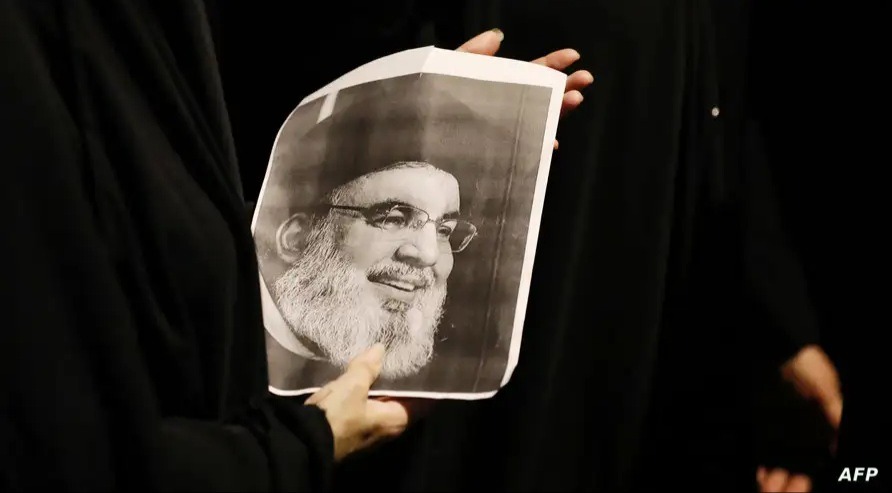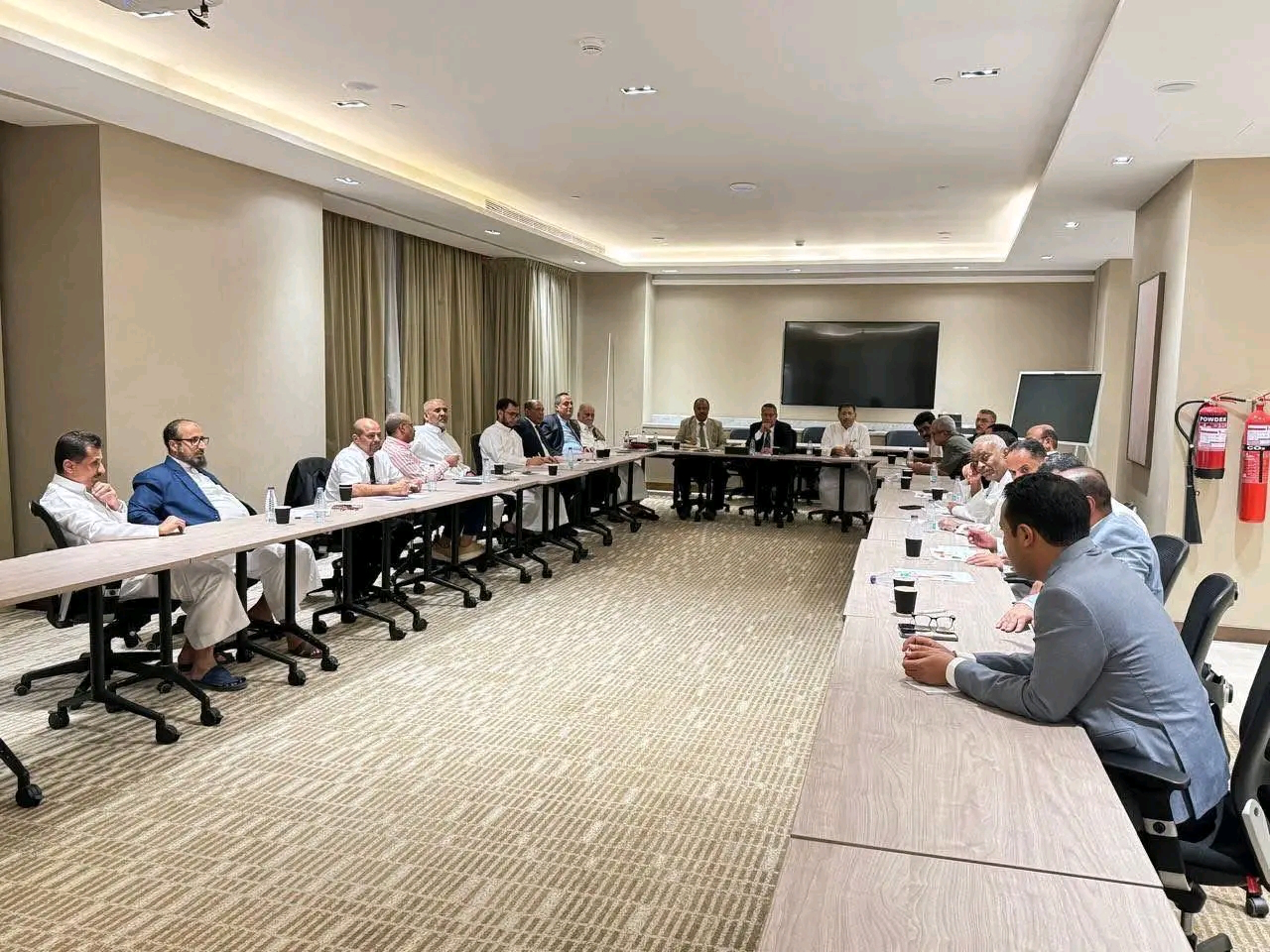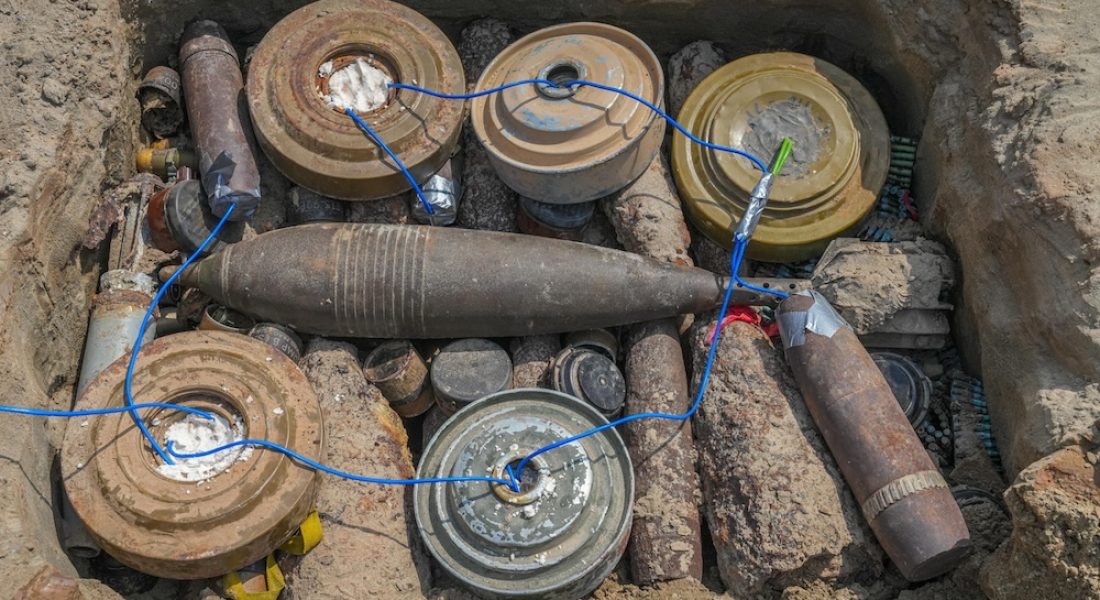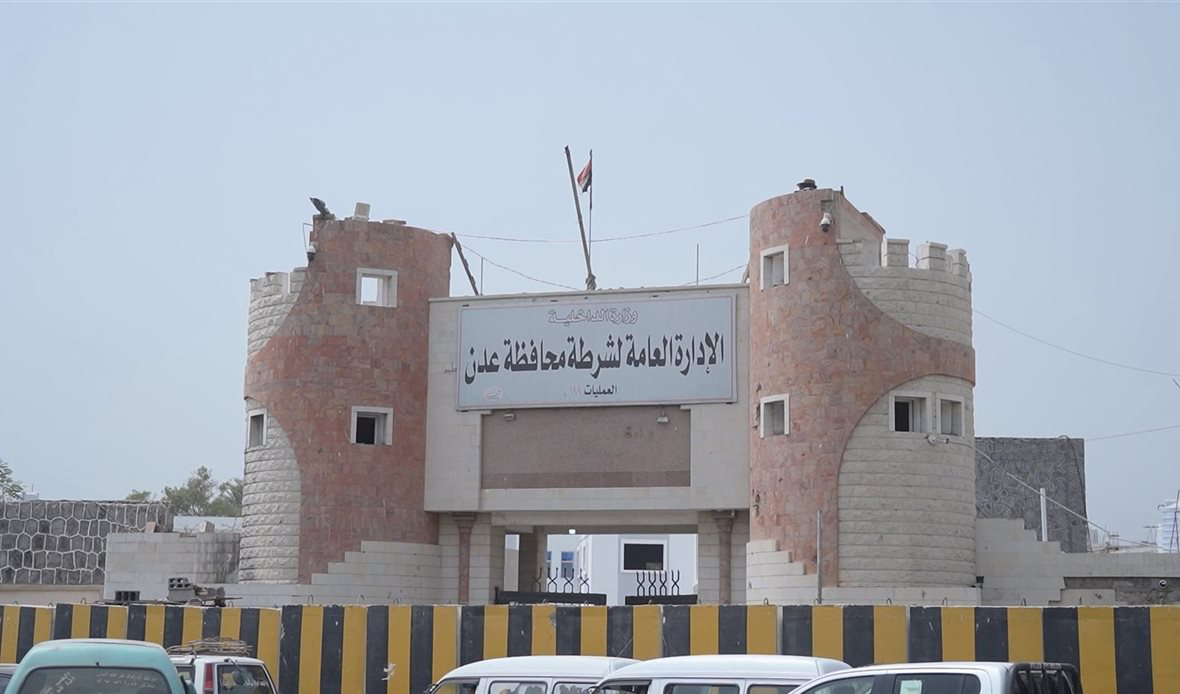
Barran Press - Al-Hurra
Israel has added Ismail Haniyeh, the head of Hamas's political bureau, and Hassan Nasrallah, the Secretary-General of Hezbollah, to a growing list of high-profile targets eliminated through precise strikes in recent weeks. These unprecedented operations have raised numerous questions about how Israel swiftly pinpointed the locations of these leaders and the rapid collapse of their command structures.
Following the Israeli strikes, Prime Minister Benjamin Netanyahu stated, "The mission is not yet over, and we face days filled with challenges." Israeli Defense Forces spokesman Avichai Adraee remarked that "all options are on the table," emphasizing that Israel possesses many capabilities, some of which have yet to be activated.
In stark contrast, Iranian Supreme Leader Ali Khamenei criticized Israeli leadership, accusing them of "short-sightedness" and "foolish policy," asserting that Israelis are "far too weak to inflict any significant damage on Hezbollah's robust structure in Lebanon."
Military Superiority vs. Conventional Capabilities
Brigadier General Munir Shihadeh, a former Lebanese government coordinator with the United Nations Interim Force in Lebanon (UNIFIL), highlighted Israel's advanced technological capabilities in espionage. He noted that Israel has sophisticated secret techniques and controls satellites to gather essential intelligence.
Shihadeh also pointed to significant security and intelligence cooperation between Israel and various countries, which gained prominence during the 2005 investigation into the assassination of former Prime Minister Rafik Hariri. This collaboration has enabled Israel to gather extensive data on communication systems, universities, banks, and even hospitals.
Furthermore, Hezbollah's involvement in the Syrian conflict since 2011 has made tracking its movements easier. Combatants relied on traditional communication systems, such as smartphones and radios, which were easily monitored by Israeli intelligence.
Shihadeh asserted that those who can access beeper and radio devices—responsible for killing at least 37 people and injuring over 3,000—are also capable of executing more extensive operations.
Internal Breach
Israel's military and technological edge alone did not ensure the success of its operations. Shihadeh indicated that Hezbollah experienced a significant security breach within its ranks, allowing Israel to exploit "agents" living in areas where these leaders resided to gather intelligence.
This internal breach, combined with advanced technology, enabled Israel to accurately locate and target Hezbollah leaders. He emphasized that the preparation for Nasrallah's assassination took years, noting that Israel had sought various opportunities to execute the operation. He added that "Israel's recent operations would not have succeeded without security support and intelligence from Western nations like the United States and the UK."
The United States has consistently denied any knowledge of or involvement in Nasrallah's death.
Outdated Communication Methods
Recent operations have demonstrated that Iran and its regional allies lack the technology necessary to protect their command and control systems from future threats. Shihadeh pointed out that their capabilities are no match for Israel's advanced espionage systems. However, he noted that this does not mean the other side is incapable of facing future threats.
Israel has several vulnerabilities; for instance, despite its military prowess, it failed to locate hostages a year after the Gaza war, despite the small area in question. Shihadeh highlighted that Hamas leaders recognized these weaknesses and adapted by reverting to old-fashioned methods of communication, such as handwritten notes or verbal messages, instead of smartphones.
He described these communication methods as "primitive," noting that messages to Hamas leader Yahya Sinwar took up to four days for delivery, reminiscent of using carrier pigeons in the past.
Leveraging Artificial Intelligence
Israel's advanced technology has facilitated precise operations that led to the deaths of a significant number of Hamas, Hezbollah, and Iranian Revolutionary Guard leaders. Brigadier General Fadi Dawood emphasized that these operations were targeted and focused on dismantling Hezbollah's command structure.
Israel utilized its capabilities in artificial intelligence, advanced surveillance, drones, and other military technologies to achieve its objectives.
Nasrallah Without "Cell Phones"
The internal breach was crucial for the success of the mission, especially given Nasrallah's high level of secrecy regarding his movements and communications. Dawood explained that Nasrallah rejected the use of smartphones and landlines, opting for a military communication system known as "field phones," which connected only a select group of individuals.
Nasrallah's security measures also prevented him from using television for fear of technological surveillance, relying instead on close associates to relay news.
The Future of Hezbollah After Nasrallah
The recent Israeli airstrikes targeting the Hezbollah stronghold in Haret Hreik, southern Beirut, have sparked widespread speculation about Nasrallah's fate. On Saturday, the Israeli military announced that the operation had achieved its objectives, followed by Hezbollah's official acknowledgment of Nasrallah’s death.
Few individuals had the opportunity to meet with Nasrallah, and these clandestine meetings were conducted under strict security measures. Dawood noted that the success of the operation, despite these precautions, indicates that the precision of the Israeli strike would be challenging without an informant on the ground.
He remarked that breaches within Hezbollah are not a new phenomenon, as the group had previously interrogated hundreds of its members after Israeli strikes targeted other leaders.
Determining the nature of this internal breach without detailed security information is challenging. However, Dawood speculated that it may involve a member of Nasrallah’s protective detail or assistance from Mossad agents embedded within Hezbollah.
Israeli operations exposed Hezbollah's limited and conventional capabilities, a weakness that could have repercussions for the Iranian Revolutionary Guard and the threats it faces. Dawood noted that the Revolutionary Guard has taken additional security measures, including relocating Supreme Leader Khamenei to a secret location for protection.
An Ongoing Intelligence War
The military operations against Hamas, Hezbollah, and the Iranian Revolutionary Guard were preceded by an extensive intelligence war aimed at gathering information on these leaders' locations. Retired Major General Majid Al-Qaisi from Iraq stated that Israeli operations occurred on multiple levels, both internal and external, supported by advanced technologies such as surveillance satellites and military capabilities.
Al-Qaisi added that the battle was fundamentally an intelligence one, focusing on targeting Hezbollah's critical centers in Lebanon without resorting to ground confrontations, unlike in 2006.
The outcomes of these operations suggest that the precision targeting of these leaders would be difficult to achieve without an internal security breach within Hezbollah.
He concluded that the series of successful Israeli operations against many leaders across diverse geographic areas is challenging to explain without the presence of an internal breach.
The death of Nasrallah will have significant implications for Hezbollah's future and for Lebanon's internal dynamics, as well as for Iran's regional ambitions. However, this does not signal the end of Hezbollah. Al-Qaisi noted that while Nasrallah was a pivotal leader, there are capable military and field leaders within the group who can continue their operations against Israel.
He emphasized that such organizations do not cease to operate due to the assassination of a leader but may experience temporary setbacks. Hezbollah, with its broad Shiite base and strong loyalty, remains well-positioned for continuity, he argued.
Despite previous setbacks, such as those faced by the Quds Force, Hezbollah, and Hamas, these groups have continued their activities and eventually appointed new leaders, presenting ongoing threats to Israel.
A Planned Operation Years in the Making
Experts agree that Nasrallah's death represents a significant internal security breach, enabled by collaborators within Hezbollah who provided Israel with critical information for the operation. Iraqi military advisor Safaa Al-Assem remarked that the scale of the operations against Hezbollah and Hamas reveals an intelligence and espionage war that Israel has prepared for years, likely supported by external allies.
Hezbollah, for its part, was not adequately prepared for anticipated threats and underestimated the likelihood of Israeli attacks on its leaders. Al-Assem noted that Israel's advanced military and technological capabilities allowed it to penetrate the ranks of these leaders at all levels.
He asserted that the conventional capabilities of the Iranian Revolutionary Guard, Hezbollah, and Hamas are insufficient to confront Israeli threats and protect their leadership.
Al-Assem concluded that through this "cyber breach," Israel successfully uncovered the operational secrets of these groups and pinpointed the whereabouts of their leaders for targeted strikes.
The Beeper Explosions
In the wake of the recent explosions of thousands of beeper and radio devices used by its allies in Lebanon and Syria, Iran and its affiliates in the Middle East have begun reevaluating their communication equipment.
Egyptian regional affairs researcher Ahmed Sultan suggested that individuals close to Nasrallah may have leaked sensitive information about his whereabouts to Israel. This breach, he noted, has likely facilitated the establishment of a comprehensive network of Mossad agents within Hezbollah's security and military apparatus.
A notable example of security negligence, according to Sultan, was the recent beeper device explosions, which serve as clear evidence of the failure of Hezbollah's security apparatus to track the sources of these devices.
Tracking these devices after their distribution among Hezbollah members allowed Israel, which had been preparing for this operation for years, to gather extensive information about the locations of Hezbollah leaders.
This was the catalyst for a broad campaign against Hezbollah aimed at dismantling its leadership and destabilizing its organizational structure, pushing it back decades, Sultan argued.
He added that Nasrallah was not just any leader; he was one of three critical figures in this axis, alongside Qassem Soleimani, former commander of the Quds Force, and Abu Mahdi al-Muhandis, deputy head of the Popular Mobilization Forces in Iraq, both killed in a U.S. strike in Baghdad on January 3, 2020.
Nasrallah's influence extends beyond Lebanon, significantly impacting the Syrian, Yemeni, and Iraqi theaters. Sultan described him as possessing power, charisma, and military experience, asserting that his absence will have ramifications for Hezbollah's future.
Nevertheless, Sultan asserted that "Hezbollah will persist; however, it is now in a state of considerable confusion and may see a decline in its effectiveness, although it will not disappear. Instead, it may become more aggressive, driven by a desire for vengeance and revenge, operating without constraints."





